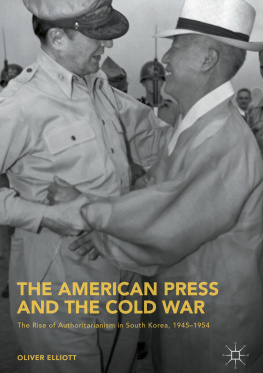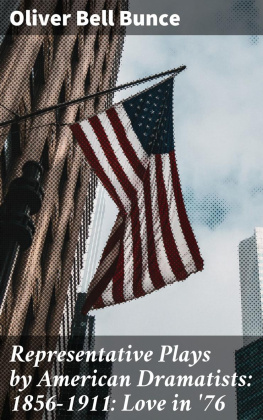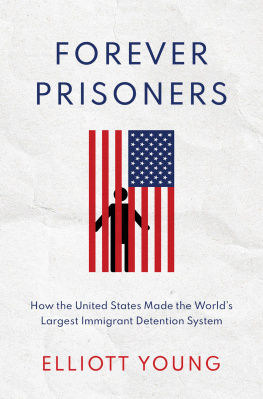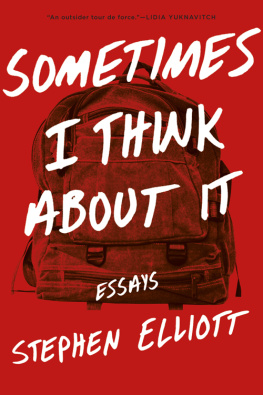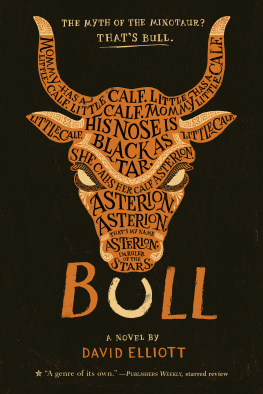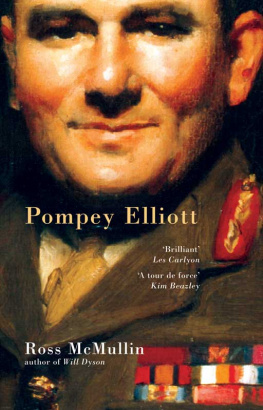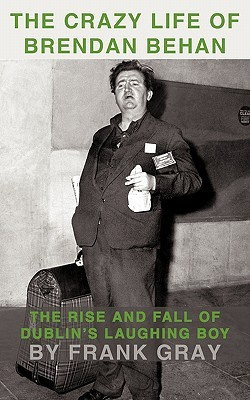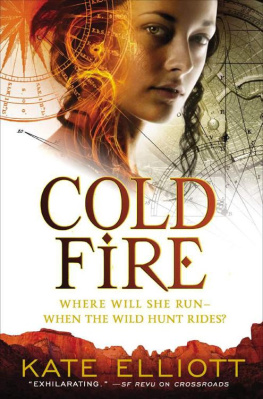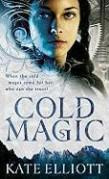The right of the press to scrutinize government is a foundational element of American democracy. Yet, from the very first days of the American Republic, there have been major tensions over the freedom of the press to criticize government, especially in its conduct of foreign affairs.
This book sits within a subset of this literature which explores how the press has dealt with one of the most controversial aspects of US foreign policy: its history of close relations with authoritarian allies . From the very beginning of the Cold War era, the United States supported repressive anti-communist governments across the world as part of the strategy of containment against global communism.
This book provides an account of how the American press reported on these developments. Rather than focusing on just the Korean War, the volume follows the trend of recent scholarship to look at the roots of authoritarianism in the occupation period. Historians such as Bruce Cumings and Allan Millett have compellingly argued that the United States made major errors in the development and implementation of policy in Korea, and that the negative consequences of these errors were quite visible in the often savage political, social and economic climate of the occupation. Could the press have done more to bring these mistakes to light? Did the press fail to act as an adequate check on US government power in Korea?
These are questions that have rarely been asked by historians. This project is the first archive-based account of how American journalism responded to one of the most significant stories in the history of American foreign relations. It explores not only why no major controversy ever erupted over American involvement in South Korea during this period, but also how journalists conceived of the problem of authoritarianism within the larger frameworks of the occupation and the Korean War.
The American Press and Rhee-era South Korea
This book is the first scholarly study of press coverage of South Korea during the Rhee era. Very little attention has been paid to the way the press wrote about South Korea or its government.
To an extent, this dearth of scholarship simply reflects the limitations of coverage of South Korea during the wartime period. In the most comprehensive study of the relationship between the US government and the press during the war, Steven Casey concluded that journalists showed a remarkable lack of interest in probing South Korean politics. In his view, both US authorities and American journalists played a role in suppressing coverage that exposed uncomfortable truths about the regime the United States was fighting to save. In part, this was because the US government, and most journalists, interpreted the war as a Cold War struggle, and not a civil conflict. Moreover, the US militarys public relations programs encouraged journalists to ignore problems with the ROK and focus on more positive stories about the USROK relationship. As a result, the press chose to overlook allegations of South Korean atrocities and President Syngman Rhees repression of the ROKs National Assembly until these issues became impossible to ignore.
Similar conclusions were reached by other notable scholars of the Korean War. In his seminal, albeit flawed, history of the origins of the Korean War, Bruce Cumings argued that most correspondents in Korea shared the militarys nauseating stew of racial stereotypes which perceived little virtue in the Koreans and their affairs.
While the South Korean people were often given short shrift by the press during the war, the same was not true of their leader, Syngman Rhee . In the 1950s, Rhee became a heroic figure for the American Right and received adoring profiles in popular magazines such as Time and Readers Digest . Robert E. Herzstein has shown how Rhee benefitted from a friendly, albeit mercurial, relationship with Time publisher and China lobbyist Henry Luce . Yet, Rhee was in some ways quite distinct from his fellow East Asian autocrats. When it was founded in 1948, the ROK was a constitutional democracy with a political system loosely modelled on that of France. Although Rhee had considerable power as president, he depended on the independent-minded National Assembly to pass legislation and, at least in theory, to re-elect him as president after the end of his four-year term. While Rhee progressively undermined these democratic elements of the political system over the course of his presidency, his pro-democracy rhetoric and credentials were key parts of his appeal in the United States.
The literatures focus on Rhees right-wing supporters has obscured both the scale and the vehemence of criticism of Syngman Rhee from other voices in the United States. Even before he became president of the ROK, Rhee was a major figure of hate for both liberals and the Left. Magazines such as the Nation persistently attacked Rhee for his reactionary anti-communist ideology and his role in polarizing Korean society. Reporters for mainstream newspapers with a liberal internationalist point of view, such as the Chicago Daily News and the Christian Science Monitor , often described Rhee as an extremist and a brutally repressive autocrat. During the years of the American occupation, an influential group of American journalists fiercely opposed Rhees rise to power under American auspices. Amongst a significant proportion of the American intellectual elite, Rhee was regarded as a dictator.
Despite his significance within the history of US foreign relations, Rhees relationship with the United States has been neglected in the existing English language literature. Although studies of US relations with authoritarian allies in this period have recently begun to appear in significant number, the Rhee regime has so far failed to attract much interest from historians.
Much of what is known about Rhees public relations strategy comes from the memoir of former Rhee lobbyist Robert T. Oliver . A professor of rhetoric and speech studies at a series of colleges in the northeast of the United States, Oliver spent 18 years, from 1942 to 1960, moonlighting as Rhees director of public relations activities in the United States. As part of this work, he published a series of books on the history of the ROK, and a biography of Rhee, for the popular press. Almost two decades after the fall of the Rhee regime, he published a memoir of his time working for Rhee. After taking power in 1948, Oliver wrote that Rhee faced a crippling and unjustified barrage of savage criticism for his allegedly totalitarian treatment of the Korean people. Oliver thus portrayed Rhee as a perennial underdog without any major constituency of support in the United States.
Former Tokyo-based reporter Hugh Deane offered a very different interpretation in his memoir published in 1999. A correspondent for the Nation and several other left-wing newspapers, Deane recalled that the media portrayed the Rhee quasi-dictatorship as a praiseworthy young democracy valiantly confronting a despotic Soviet puppet in the north. Deane claimed that only a handful of reporters wrote honestly about what they sawalthough Deane neither explored the question of how or why their reporting was distinct, nor the methods the authorities used to control the rest of the press. The stark differences in Oliver and Deanes accounts of the same events reflect the need for scholarly synthesis.
Finally, it is important to outline the broader debate in which much of the literature on USSouth Korean relations in this period has been framed. Since the 1970s, a revisionist approach to the Korean War has emphasized the Korean civil war roots of the conflict and the negative role played by the United States.

